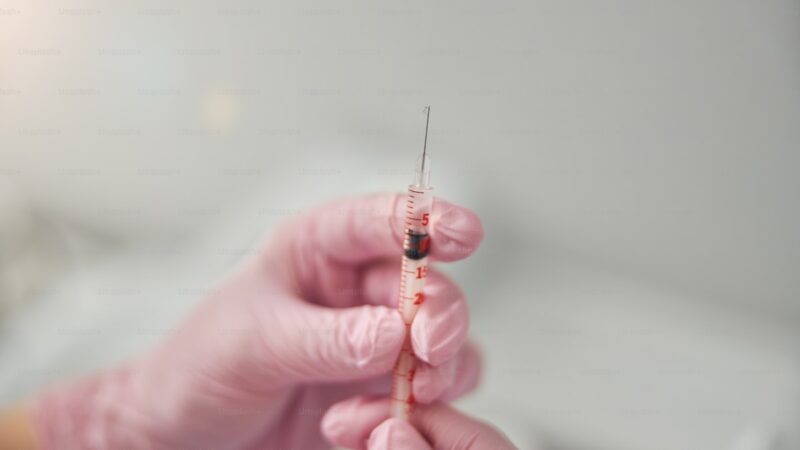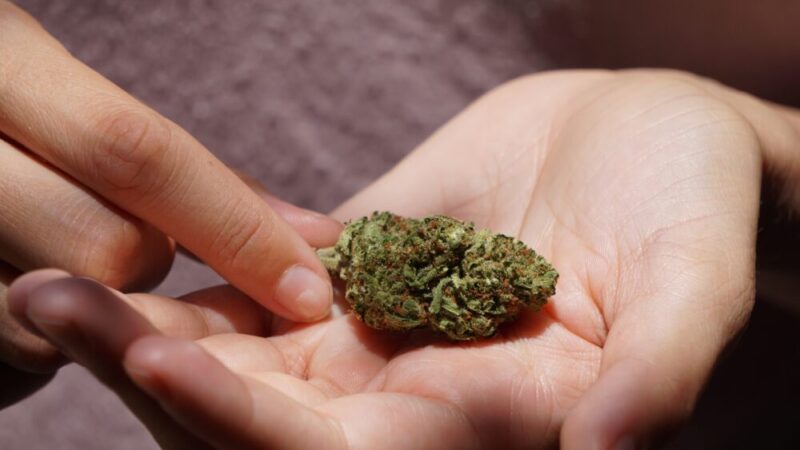Five Tips for Better Substance Management

Addiction may develop for various reasons, including but not limited to stress, social pressures, unpleasant feelings, and traumatic experiences. A person who does not have a healthy set of coping mechanisms may turn to drugs for solace or as a means of evasion. It is why people “drown their sorrows” (or turn to alcohol) when times are rough. However, you may still attempt substance management with the help of a qualified practitioner such as Abigail S Tyler CRNP and get your life in order.
Whether you are just starting or attempting to avoid a relapse, some methods may help you prevent drug usage. Overcoming a mental or physical illness requires the same work necessary to overcome any other kind of illness.
Every day, millions of individuals fight to remain alcohol-free. According to some estimates, there are now 22 million persons in recovery. It is not luck that is kept them from drinking. It is because they follow the advice of those who came before them and achieved success. Here are five tried and true methods.
- Put yourself in the company of those who will encourage you
Finding other people who are also trying to live clean may be a great support system. The long-term benefits of surrounding yourself with individuals who share your commitment to sobriety outweigh the short-term pain of severing ties with those who were never supportive of your sobriety.
- Seek treatment for mental illness
Substance misuse and mental health problems are often seen together. See a certified therapist or counselor if you are experiencing symptoms of a mental condition such as anxiety, depression, or post-traumatic stress disorder. If you seek help from a trained practitioner, you may learn effective methods of managing your symptoms without resorting to harmful substances.
- Understand the process of relapse
Some believe that relapses come suddenly, but in reality, they develop gradually. Sometimes all it takes is one idea to spark a chain reaction that culminates in an obsession and a relapse. It might be helpful to be familiar with the signs of relapse so that you can take preventative measures to protect your recovery. When you don’t prioritize caring for yourself, you will first experience an emotional relapse. Because of this, you open yourself up to bad emotions and ideas, which might manifest in harmful actions.
The second phase entails a mental slip-up and a struggle with one’s thoughts. A piece of you wants to return to old habits, but the other half doesn’t. Slowly but surely, you are convincing yourself to pick up drinking or taking drugs again. In the last relapse phase, you start drinking or taking drugs again.
- Mastering methods for resisting temptation
It takes experience to resist the temptation to drink or use drugs. Speaking aloud a personal mantra, doing anything little that distracts you from the temptation, practicing simple relaxation techniques, or phoning someone are all strategies that may help.
- Seek expert assistance
When attempting to overcome drug addiction, seeking outside assistance from a trained medical expert is okay. Structured programs designed by doctors and therapists may help you avoid relapse and stay clean.
Developing healthy coping mechanisms may assist you in facing and resolving the issues that first prompted you to start abusing substances. Everyone needs a unique set of coping mechanisms while dealing with drug misuse. Nobody has the same drug or alcohol use history, and everyone has a distinct tale of addiction. The key to a successful addiction recovery is developing the coping mechanisms that work best for you.







